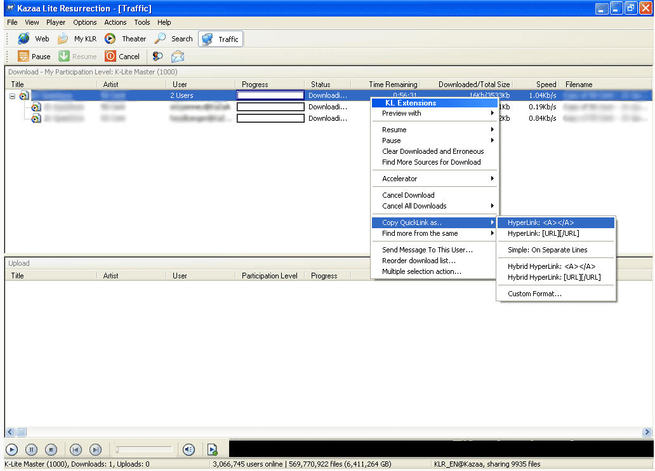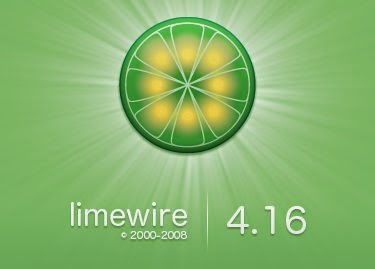

More than anything else, Ares became famous because it had a cool new multimedia player built into it, allowing you to play the music or video files that you were streaming through its network. It was big on illegal piracy of music, before diversifying all sorts of content types - as was the case with any online filesharing tool at the time. The stylistic 'M' logo was an iconic sign of Morpheus, another filesharing tool that gained infamy and a lot of users in the early 2000s. Contrary to its "no spyware" claim, Kazaa was notorious for installing a whole host of malware and adware on unsuspecting online pirates. It sported a rich library of content across different file types and genres. The Kazaa Media Desktop became very popular among Indian filesharers, soon after its 2001 release.

Released in 2000, eDonkey2000 became famous among online filesharers for its better handling of fragmented file pieces as they travelled over the Internet. Because of its popularity, it actually started hurting music companies and record labels - Metallica even asked it fans not to use Napster, a move which didn't go down too well with fans, obviously. 1) NapsterĬreated in 1999, Napster quickly became infamous for illegal sharing of MP3 files. Here are some of the early software tools and apps that became notorious for spreading unauthorized movies, music and all sorts of files over the Internet. Piracy began as file-sharing tools grew in popularity in the late '90s and early 2000s. Once upon a time, long before TPB came along.Īs long as there's a working Internet connection to piggyback on, everything from software applications, music albums, popular movies and the latest Game Of Thrones episode is fair game. June 2005-Supreme Court ruled on Grokster's legality.Humanity's thirst for getting free things can never be quenched. September 2003-RIAA against individual file-swappers.Īugust 2004-Appeals court Los Angeles Grokster ruling. October 2001-RIAA Kazaa, Grokster and MusicCity (now StreamCast Networks).įebruary 2002-Millions of Morpheus users of Kazaa's network overnight.Īpril 2003-Los Angeles court ruled Grokster for users' copyright infringement. March 2000-AOL subsidiary Nullsoft without corporate approval. Gnutella (including LimeWire, Bearshare, and later Morpheus), Kazaa, Grokster They also provided some legal shield, because companies could argue that they had no direct control over or knowledge of illegal activity on the networks. These decentralized models made the networks stronger, because-in theory-they could survive the failure of their parent company. More sophisticated versions later streamlined this process, by allowing some computers to store information about nearby machines.

The last computer in line would then connect directly to the first for a download.


 0 kommentar(er)
0 kommentar(er)
